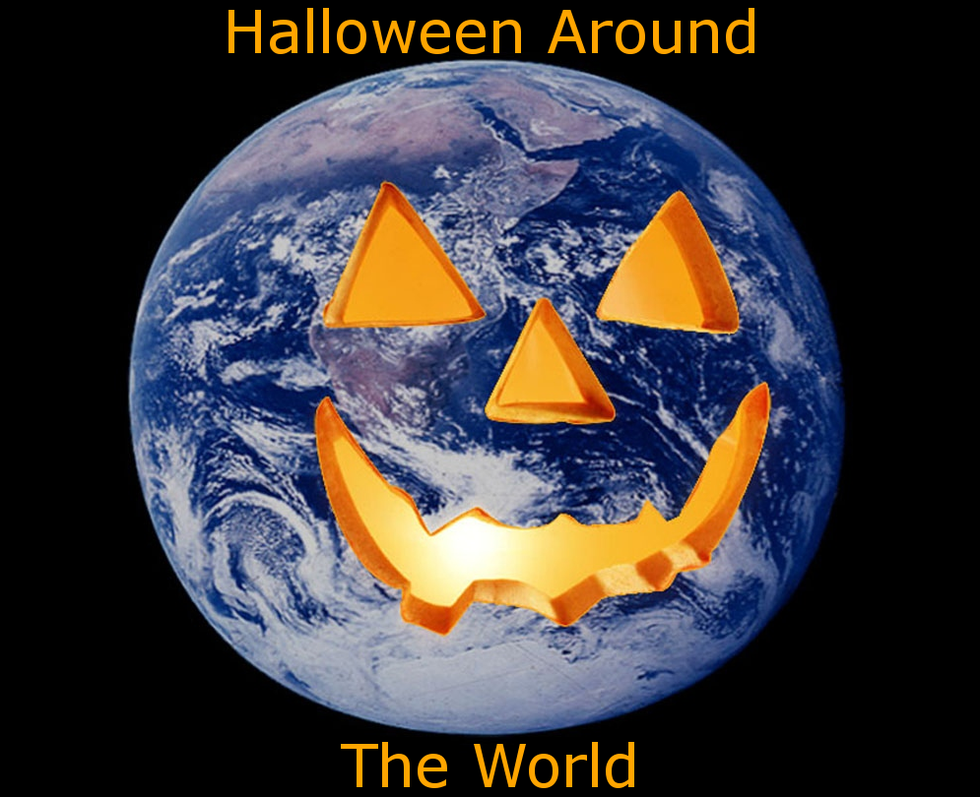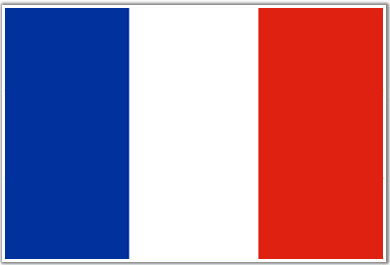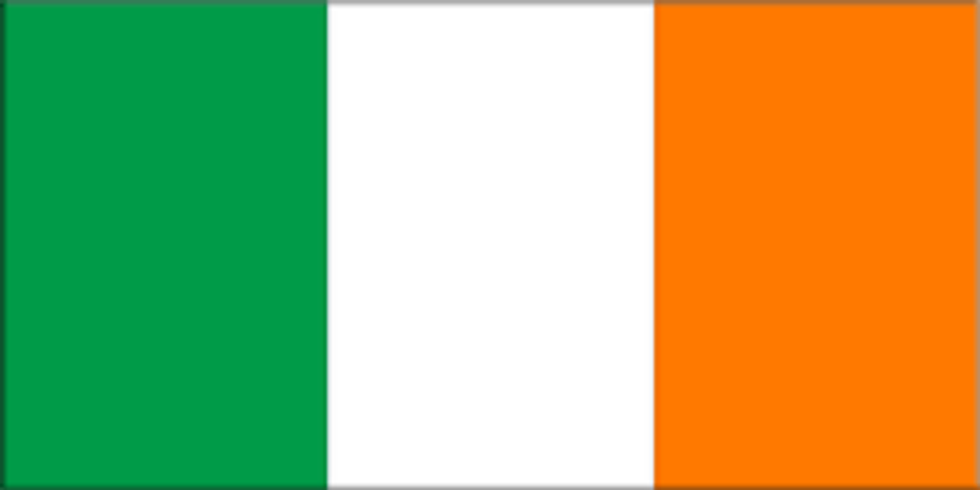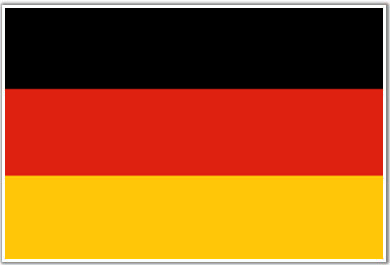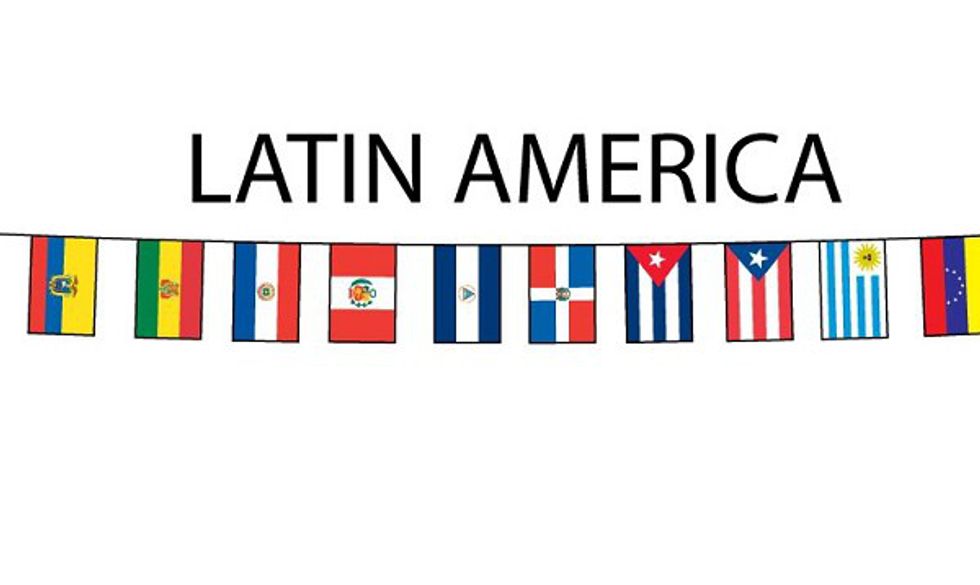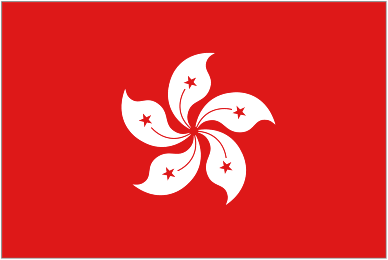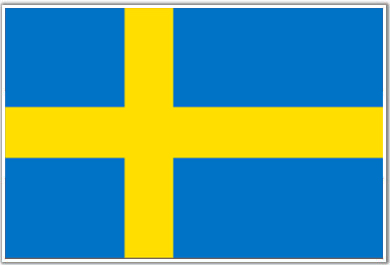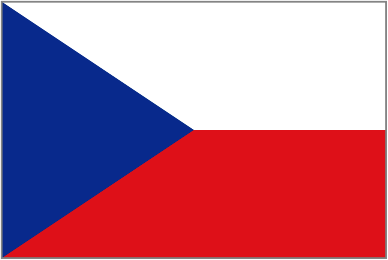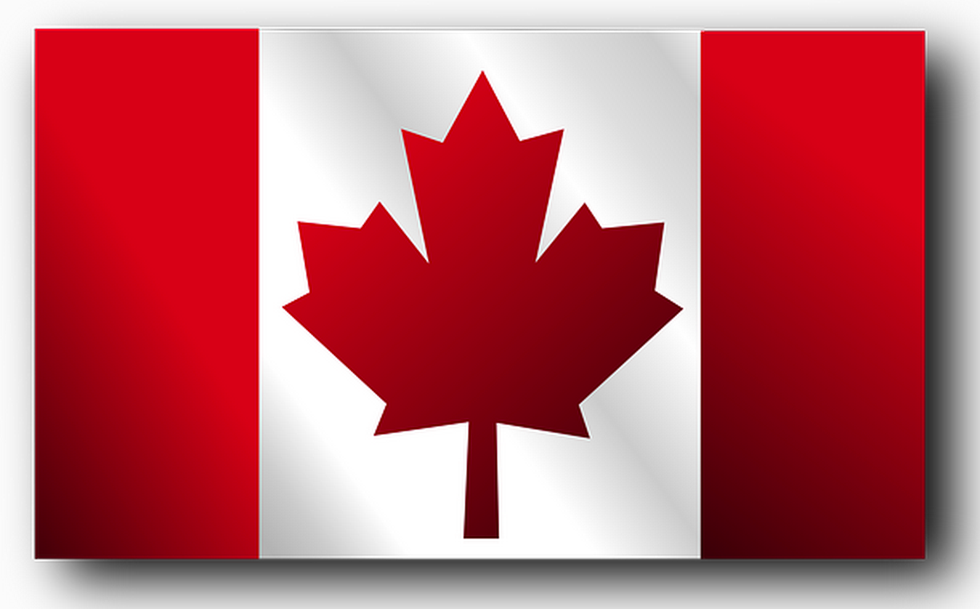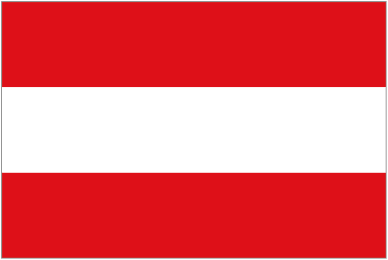As Halloween approaches, I think it is important to look at all of the ways that it is celebrated across the globe. We are familiar with how the U.S. celebrates it, or at least New England. Trick-or-treaters coming knocking on your door dressed as their favorite princess or monster and you hand them out candy. Unless you’re one of the people that hand out apples or toothbrushes…. Some adults celebrate Halloween by hosting costume parties. It’s a harmless way to dress up and be someone else for the night. I actually went to Salem, MA for the first time a few weeks ago and I got my palm read. To my surprise, the reading was scary accurate. I remember growing up celebrating Halloween, even most of my costumes. I think I was a fortune teller one year, another year I was a zombie, another I was a clown. However, I wouldn't advise anyone to dress up as a clown this year. Too soon…
I never really thought about there being other ways to celebrate Halloween, and how it was celebrated in other countries.
France:
In France, Halloween wasn't always celebrated but recently, Yves St. Laurent hosted a fashion show that incorporated Halloween costumes and Limoges, France held a ghosts and ghouls parade which has turned into a yearly tradition. France is slowly incorporating Halloween traditions into their country, so I’m excited to see what comes next!
Ireland:
Halloween first began in Ireland. The Spirits of Meath Halloween Festival is what people are raving about the most. The festival’s location of County Meath is one that holds a lot of historical meaning. More than 2,000 years ago, a Celtic festival that we now call Halloween began there. There are bonfires, trick-or-treaters, fortunetellers, and traditional Irish food such as Barmbrack, a fruitcake with coins, rings, and other items that are supposed to tell your fortune. For example, if a woman gets the ring that was baked in the Barmbrack, then she is sure to get married before next Halloween.
Germany:
In Germany, Halloween is celebrated in a more religious way. Germans celebrate All Saints Day from October 30 until November 8 by attending mass. Honoring saints is at the forefront of importance during this time frame, as well as visiting loved ones who have died. One interesting superstition that Germans have is hiding any knives they have because if the returning spirits were to return, they don't want the spirits to be harmed by them.
Latin America:
One of the more famous festivities we are aware of occurs in Mexico. “Dia de los Metros” directly translates to “Day of the Dead”. Similarly to Germany’s tradition, Mexico’s festivities occur over multiple days. From Oct. 31 through Nov. 2, All Souls Day is celebrated. Honoring those who have died is important during these days. People spend these few days telling stories of their loved ones. All of Mexico celebrates these festivities, not just the major cities. Mariachi music, skull shaped everything, dancing, and Tequila are featured.
Hong Kong:
In Hong Kong, Halloween is called “Yue Lan” which translates to “Festival of the Hungry Ghosts”. The belief is that spirits are free to roam around the globe for a total of 24 hours. This belief drives some individuals to burn photographs of money so that the images would get to the spirit world and comfort the roaming ghosts.
Sweden:
In Sweden, Halloween is called “Alla Hellions Dag” and the traditions differ from those in America. There is no trick-or-treating or Halloween candy on display in late August like it is here. People do dress up in costume and host parties.
Czechoslovakia:
In Czechoslovakia, on October 31, chairs are placed alongside a bonfire, one chair of every living member of the family and one for each spirit. Some areas of Czechoslovakia participate in trick-or-treating but that is mainly in areas of increased tourism and a high number of Americans residing in those areas.
Canada:
In Canada, Halloween traditions are very similar to those happening in the United States. Jack O’Lanterns are carved, children go trick-or-treating, and people decorate their homes. However, it is believed that the spirits can cross over into the mortal world throughout October 31(according to old Celtic beliefs). They make toffee apples, roast corn, have pumpkin beer.
Austria:
In Austria, people leave bread, water, and a lit lamp on a table before going to bed because they believe these things will welcome the spirits back to the mortal world.
While these are only a few of the countries that have specific traditions for Halloween, there are numerous others who have a unique way of celebrating Halloween. Although there are various similarities among the festivities, they are many differences as well. These countries offer a new perspective on the celebration itself through their festivities, cultures, and beliefs they obtain.



